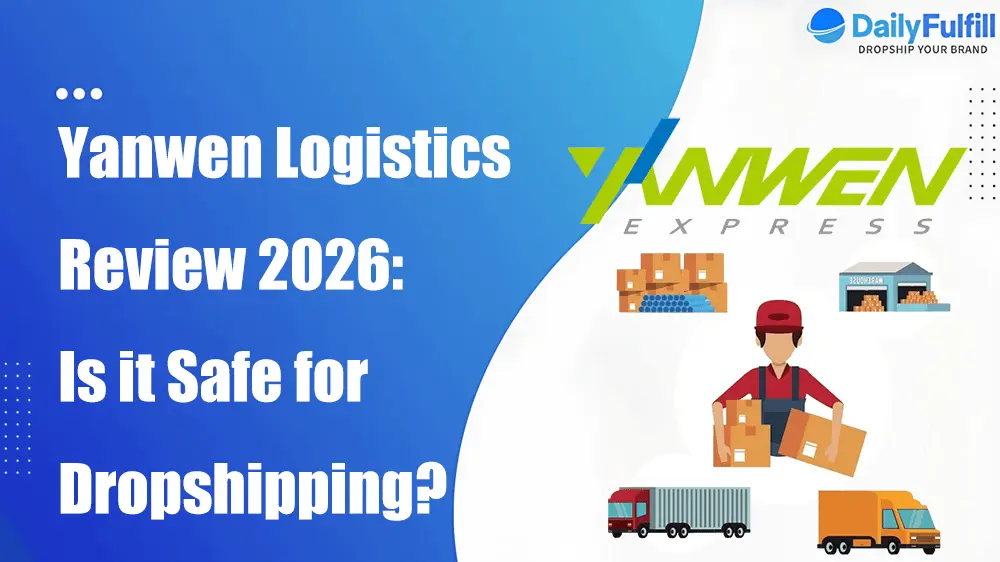
Is Dropshipping Legal in 2025?
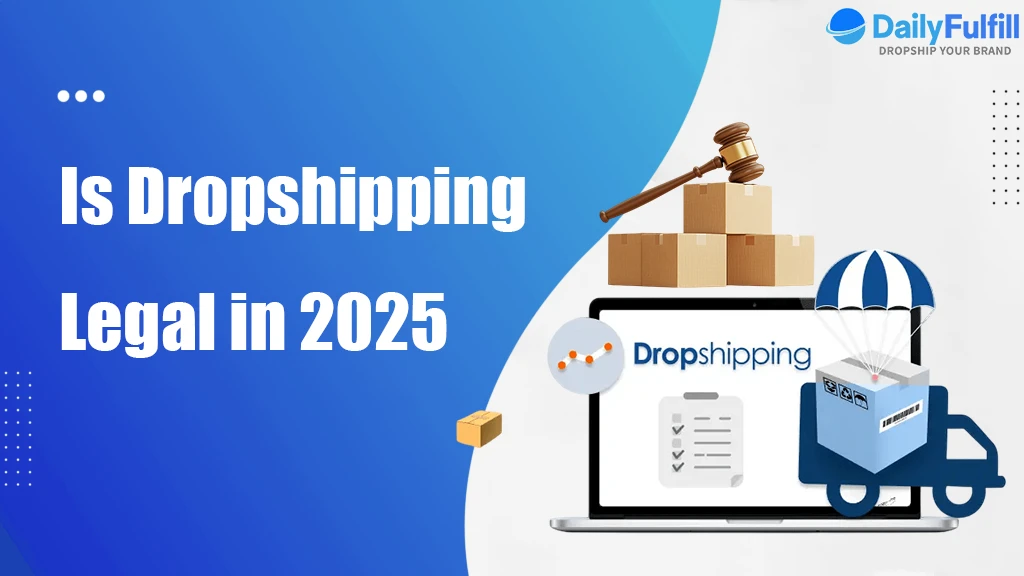
As we enter 2025, more and more entrepreneurs are considering launching cross-border e-commerce businesses through dropshipping. Approximately 27% of online stores use dropshipping because it is easy and profitable.
However, before fully committing, they face a key question: Is dropshipping legal? Differences in laws and policies across different countries and regions often confuse novice sellers.
In this article, DailyFulfill will provide a detailed analysis of is dropshipping legal in 2025, guide you through the regulatory requirements of major markets, and remind you of the compliance issues you need to pay attention to during your operations. Only by adhering to legal and compliant practices can a dropshipping business achieve stable and long-term growth.
Dropshipping Legal Basics
What Makes It Legal
Dropshipping is legal because you sell products as a retailer. You do not keep items in stock. You buy from suppliers and send products to your customers. To follow the law, you must obey some rules. These rules help protect customers and make sure businesses are fair.
Tip: If you follow the rules, customers will trust you. You will also avoid getting into legal trouble.
You need to know why dropshipping legal compliance is important. If you want your business to be legal in 2025, you must do these things:
Follow consumer protection laws. Make sure your products are safe and good quality.
Be honest in your advertising. Describe your products truthfully and do not lie.
Register your business and get the right licenses or permits.
Collect and pay all sales and income taxes you owe.
Keep your customers’ personal information safe by following data protection laws.
Obey the rules of the platforms you use, like Shopify or Amazon.
Do not sell controlled products like alcohol, drugs, or weapons unless you have special permission.
Do not sell fake or copyrighted products. Always buy from trusted suppliers.
Make sure your business does not break anti-money laundering laws.
Check if your products need special labels or warnings, especially if you sell in other countries.
Respect age limits and contract rules in every place you do business.
You must know these rules because they are the base of dropshipping legal operations. If you ignore them, you could get fined, sued, or lose your business.
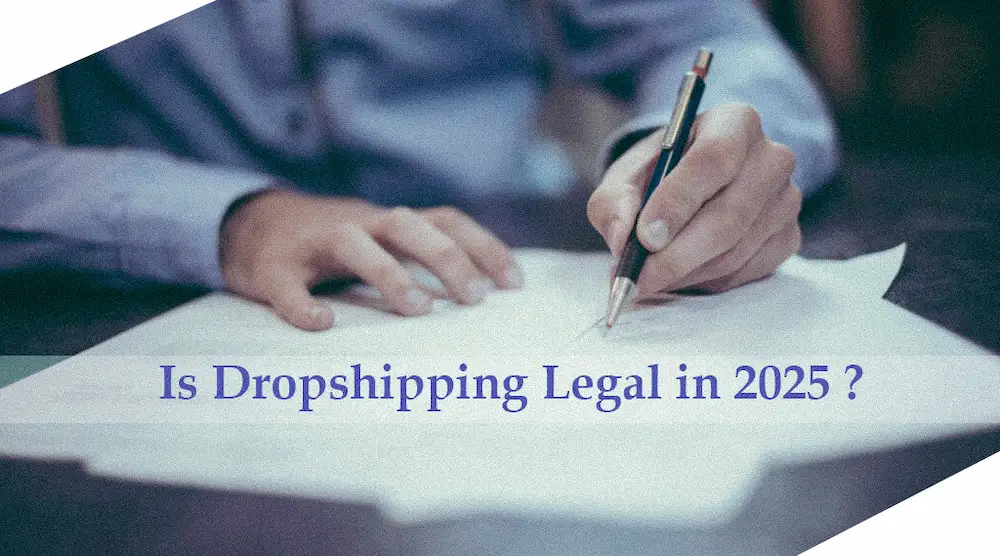
Common Pitfalls
Many dropshippers get into legal trouble because they do not know the rules or try to skip steps. Here are some common mistakes:
Description | |
|---|---|
Product Liability | Not registering your business can put your own money at risk if a product hurts someone. |
Intellectual Property Infringements | Selling branded or copyrighted products without permission can cause lawsuits or take-down notices. |
Tax Compliance Failures | Not collecting or paying the right taxes can lead to big fines from tax authorities. |
Unethical Marketing & Misrepresentation | Lying about products or using false ads can cause legal problems and hurt your reputation. |
Watch out for these problems too:
Selling products without the right to do so can cause trademark or copyright issues.
Not knowing tax rules can make you miss payments you owe.
Using bad suppliers can mean poor product quality or slow shipping.
Not registering your business or skipping licenses can make your business illegal.
Note: Dropshipping legal mistakes often happen when you start selling too fast and do not learn the rules. Take time to learn what you must do.
If you want to avoid these problems, always check the laws in every country where you sell. Make sure your business is registered, your products are legal, and your marketing is honest. This will keep your dropshipping legal and help your business grow safely.
Legal Requirements
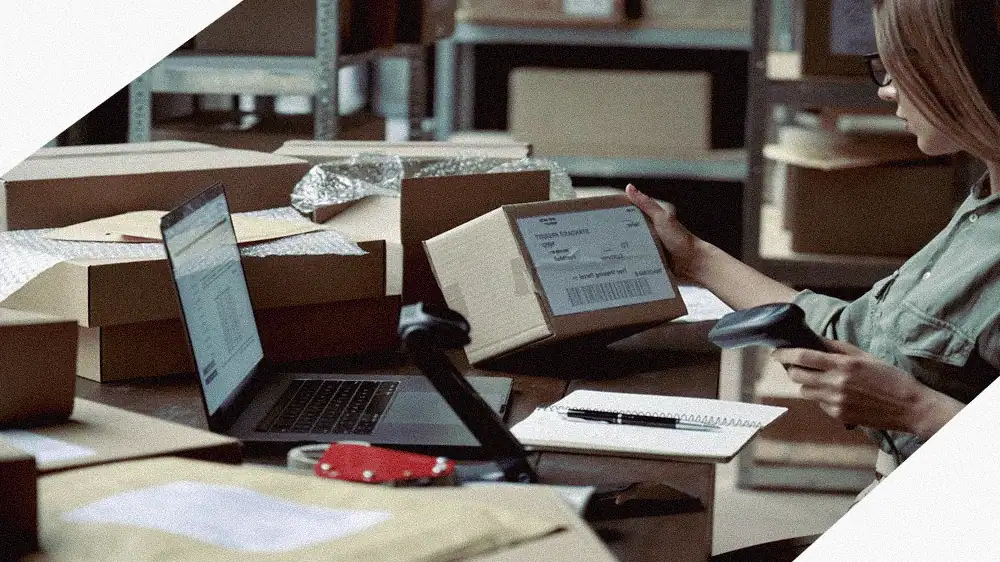
Business Registration
You must register your dropshipping business to follow the law. Registration keeps your money and business separate. It protects you from legal problems. Customers trust you more when you register. In the United States, you pick a business type. You get an Employer Identification Number (EIN). You open a business bank account. You also look up local license rules. In the UK, you choose a business type and sign up for taxes. Canada does almost the same things. Registration shows you care about dropshipping legal rules.
Tip: Registering helps you pay taxes and work with suppliers.
Steps to register your business:
Pick a business type like sole proprietorship, LLC, or corporation.
Get an EIN if you are in the US.
Open a business bank account.
Check what licenses you need locally.
Collect sales tax if you have to.
Licensing and Permits
Licenses and permits show you can run your dropshipping store. Local governments want to know who is doing business. You may need a general business license. You might need a sales tax permit. If you work from home, you could need a home occupation permit. If you sell things like health supplements or cosmetics, you may need extra permits. These papers help you avoid fines and keep your business safe.
Typical licenses and permits:
General business license
Sales tax permit or seller’s permit
Home occupation permit
Special permits for some products
EIN for taxes
Note: Licensing rules change by place and product. Always check local laws.
Tax Compliance
Paying taxes is important for a legal dropshipping business. You must collect and send sales tax if your business is in a state. In the US, sales tax rates are different in each state and city. In the EU, you must sign up for VAT if you sell a lot. Not paying taxes can mean big fines and audits. You can use tools to help you pay taxes on time.
Collect sales tax or VAT where you need to.
File income tax returns for your business.
Keep records of sales and tax payments.
Alert: Missing tax payments can mean fines and audits. Stay organized to avoid problems.
Product and IP Rules
You must follow product safety and intellectual property laws. Selling unsafe or fake products can cause lawsuits and lost customers. Always use trusted suppliers. Check for safety marks like CE or CPSIA labels. Respect trademarks and copyrights. This helps you avoid breaking the law. Clear product descriptions and refund policies help you follow consumer protection laws.
Use trusted suppliers for safe products.
Do not sell items that break copyright or trademark laws.
Follow data protection rules to keep customer information safe.
Make sure your marketing is honest and clear.
Tip: Check your products and policies often to follow dropshipping legal standards.
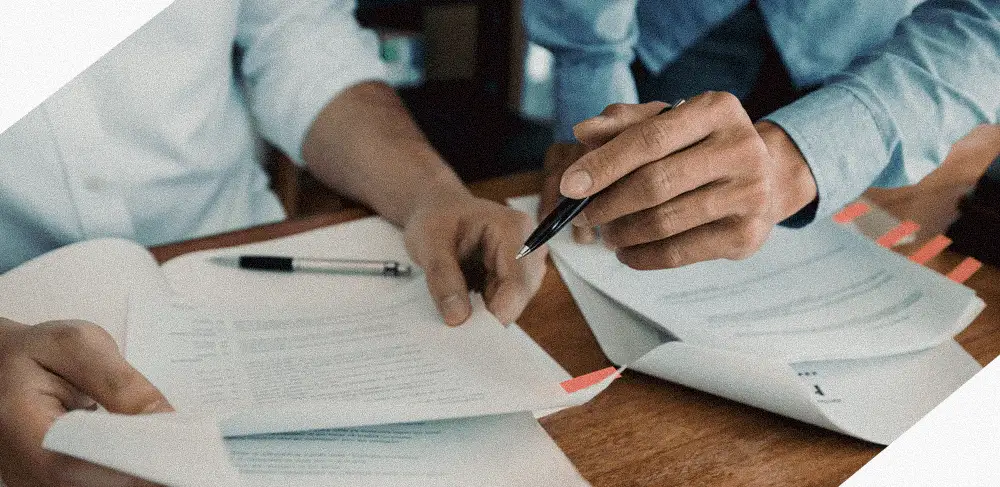
Recent Legal Changes
New Laws in 2025
There are new laws in 2025. These laws change how you run your dropshipping business. Lawmakers in the U.S., Canada, Mexico, and China made new tariffs. These tariffs affect your costs and profits. Here is why these changes matter:
The de minimis exemption for low-value imports ended on August 29, 2025. Now, every shipment must pay duties, even small ones. This disrupts the old dropshipping model.
The U.S. raised tariffs on Chinese goods from 10% to 20% in early 2025. Tariffs on imports from Canada and Mexico reached 25%.
All trading partners now face a baseline 10% tariff. China faces higher rates after a 90-day pause.
These tariffs make your products cost more. Shipping delays happen because customs checks are stricter.
Suppliers pass these costs to you. Your profit margins get smaller. It is harder to sell low-margin products.
Note: You must change your pricing and sourcing plans. This helps you stay profitable under these new rules.
Platform Policies
E-commerce platforms changed their rules in 2025. You need to know why these updates matter for your dropshipping legal compliance:
The U.S. de minimis exemption is gone. You now pay duties and taxes on all shipments, even those under $800.
Tariffs on Chinese imports went up by 54%. Your operational expenses are higher.
Shopify updated its checkout to show duties upfront. Customers see the real cost before buying.
Amazon, Temu, and Shein now use more suppliers. They move inventory to U.S. warehouses to avoid high tariffs and shipping delays.
Reporting and compliance rules are stricter. You must keep better records and follow more steps to avoid penalties.
Tip: Focus on quality and ethical sourcing. Use transparent pricing to build trust and avoid legal trouble.
International Rules
You must follow new international rules if you sell across borders. These rules make dropshipping legal compliance harder in 2025:
Customs compliance is tougher. You must clear every shipment and pay tariffs in each country.
VAT and tax registration rules are stricter, especially in the EU. You may need to register in more than one country.
Product safety and consumer protection laws are different in each market. You must check every country’s requirements.
Trade agreements and sanctions can change fast. You need to stay alert.
Data protection laws and payment security rules add more steps to your business.
Alert: Use automation tools and local fulfillment centers. These help with customs and taxes. Always get expert advice to avoid mistakes.
Staying Compliant
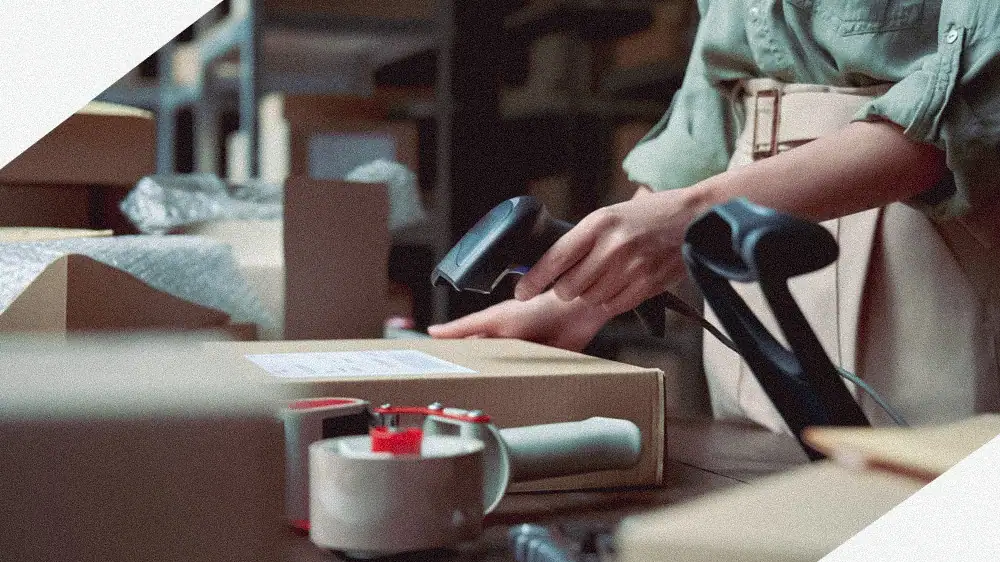
Compliance Checklist
You need a good checklist to keep your dropshipping business safe. Using a checklist helps you avoid mistakes. It also shows customers you care about their safety and rights. If you skip steps, you could get fined or lose your store. Here is why each part is important:
Legal Compliance: You must follow rules for consumers, copyright, and taxes. Having clear return and privacy policies helps people trust you and keeps you out of trouble.
Supplier Vetting: Good suppliers help you avoid selling unsafe or banned products. Bad suppliers can get you in trouble and make you lose customers.
Payment Setup: Safe payment systems stop fraud and keep customer data safe. Giving buyers more ways to pay makes shopping easier and safer.
Tax Collection: Register for sales tax and use tools to help. Missing tax payments can lead to audits or fines.
Shipping Configuration: Clear shipping rules help you meet what customers want. Good shipping keeps your business looking good.
Store Testing: Test your store often. A smooth checkout and correct settings help stop mistakes and keep customers happy.
Tip: Check your business often and keep records. This helps you prove you follow the rules if someone asks.
Checklist Item | Why It Matters |
|---|---|
Legal Compliance | Stops fines and helps customers trust you |
Supplier Vetting | Stops legal trouble and keeps your reputation safe |
Payment Setup | Stops fraud and keeps payments safe |
Tax Collection | Stops audits and fines |
Shipping Configuration | Makes customers happy and stops complaints |
Store Testing | Makes shopping better and stops mistakes |
Avoiding Legal Risks
You need to know why avoiding legal risks is important for dropshipping legal success. If you ignore rules, you could lose money or get banned from selling. Many people fail because they do not know shipping laws or use bad suppliers. Some also forget to protect customer data. You should always learn the rules and act early.
Stay updated on consumer and product safety laws. This keeps your business safe from complaints and fines.
Check your suppliers well. Good suppliers help you avoid selling unsafe or illegal products.
Protect customer data with strong privacy rules and security checks. If you do not, you could get in trouble and lose trust.
Use clear return and refund rules. Honest ads and true product details stop problems and fines.
Keep records for shipping, like invoices and customs forms. This helps you follow trade laws and avoid delays.
Make your own website and control your brand. This helps if selling platforms change rules or close your account.
⚠️ If you do not follow new rules, you may pay more, lose sales, or hurt your reputation. Dropshipping legal compliance keeps your business safe and helps it grow.
In this article, we provide a clearer understanding of the legality of dropshipping in 2025. Compliance is crucial to the long-term success of a direct selling business.
If you’d like to learn more about the regulatory requirements of your target market or need professional guidance on mitigating risks, please contact DailyFulfill. Our team of experts will respond within 12 hours to ensure your success in cross-border direct selling.
DailyFulfill is your Best Dropshipping Partner
- 24/7 customer support
- 100% quality guarantee
- 1400+ professional clients
- 8400 m² fulfillment center
- 59960+ Sku of products
- 12+ dropshipping experience


